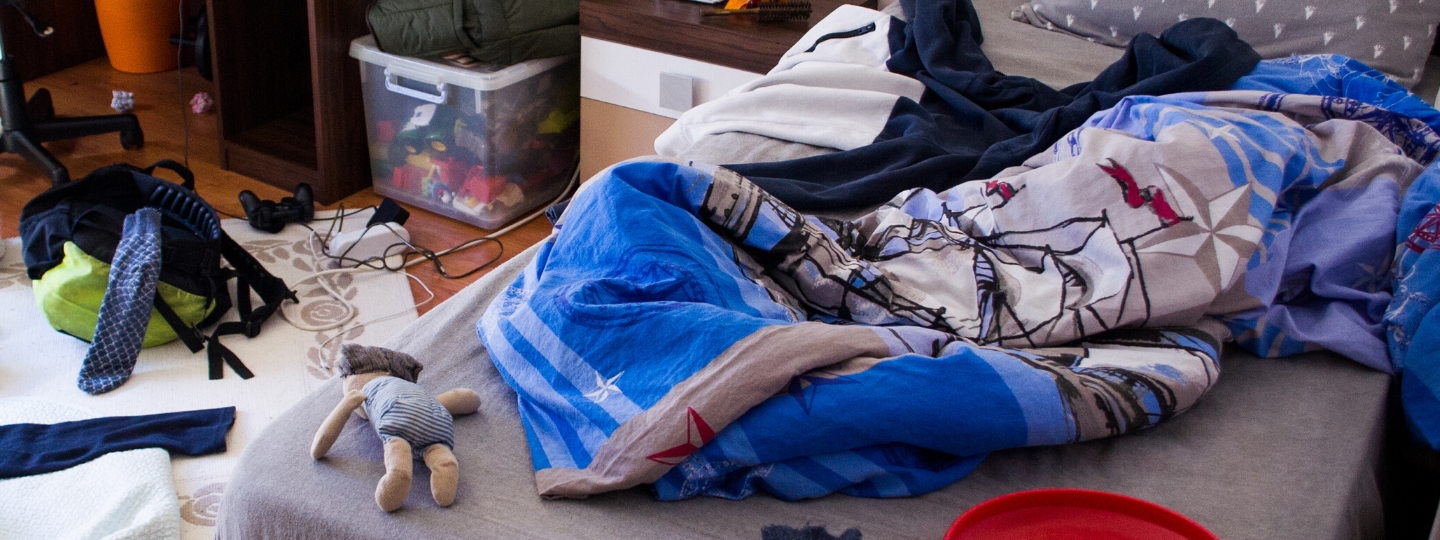The holiday season is meant to be a time of joy, but for many, it can be overwhelming and stressful.
Category: Stress
Coping with college pressure
The college year is well and truly underway and the summer break is now but a distant memory. With exams looming and a list of assignments to get through, not to mention work and social commitments to keep up with, it might feel like the pressure is mounting.
Feeling down
We all feel down now and again. We can feel tired or listless or just ‘meh’ about everything. With the effects of the pandemic still around, it’s understandable to feel down at the moment.
Feeling low or feeling down is not pleasant, but it is very common. In fact, it is one of the biggest reasons young people come to Jigsaw.
In this article, you will find:
- What does feeling low mean?
- Why am I feeling low?
- What you can do if you’re feeling low
- Tips on looking after yourself
Issues facing young people who are immigrants
It’s not easy being an immigrant in Ireland. Some people had never heard of Ireland before they moved here, others knew very little about it. Even what language was spoken.
It can be very difficult landing in a country when you don’t know much about it.
This article covers:
Why do people self-harm?
Self-harm is when someone intentionally damages or injures their body. Also known as self-injury, it can take on many forms, such as cutting, burning, hitting, or scratching.
Risky behaviour that can be harmful is also considered self-harm behaviour. Binge drinking to the point of blacking out or vomiting regularly, restricting food intake, or overeating could be considered risky.
The transition from primary to secondary school
Moving from primary school to secondary school is an exciting time for many. But for young people and those around them, it can also be an anxious time.
In this article we will discuss how best to support young people while they are making this transition. As a parent, there is a lot you can do to support their mental health during this process.
A parent’s guide to Leaving Cert stress
It’s a nail-biting time watching your young person prepare for the Leaving Cert. In 2021, students were given the choice between sitting the exam, receiving an accredited grade, or both. Approximately 58% of students chose to sit the exam in some capacity.
2022 sees the Leaving Cert return to a more traditional format, while incorporating more choice for students. This document has the adjusted assessment arrangements for taking state exams in the 2021/22 school year. These adjustments are designed to take account of the disrupted learning experienced by students during the pandemic.
We asked Jigsaw clinicians how they support and advise parents and young people finding it hard to cope with Leaving Cert stress. They suggested the following strategies and tips to support your young person and cheer them up. They also advised how to keep yourself and your home calm during these challenging times.
How to deal with stress
The last couple of years have turned people’s plans upside down. Young people, in particular, have been heavily impacted.
Job insecurity and uncertainty about the future can lead to challenging situations. Stress is one of those words we use so often it has almost lost its meaning.
This article covers:
When is stress good and when is it bad?
Sinead, a Jigsaw Clinician, talks to Josh, one of our young volunteers about stress; when it can be good for us, and when it can become a problem.
How to practice gratitude
Alan, Jigsaw clinician, talks about positive thinking, having a balanced perspective on life and how you can practice gratitude.









